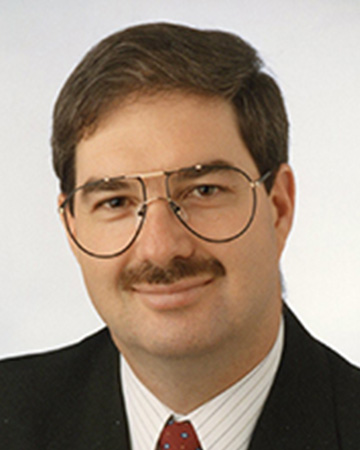Funding for rural family counselling services
Family counselling services in country areas have received an additional $970,000 as part of a State Government initiative under the Social Advantage strategy.
Community Services Minister and new Minister for the Family Eric Ripper today said $820,000 had been allocated over the next two years to extend family counselling in rural areas and a further $150,000 to establish a mobile statewide team of family support professionals to train community workers in ways to help rural families.
As well, more family counselling services would be established in some wheatbelt regions as part of the Government's priority to help families with children and families in poverty.
The services were in addition to family support already provided by Government workers and non-government agencies in the country.
The allocations approved by Mr Ripper include:
· Esperance Agcare - $53,000, an increase of $27,000.
· Southern Agcare, covering the Great Southern - $79,500, up $26,500.
· Central Agcare, covering Northam, Southern Cross, Narrogin and Lake Grace - $79,500, up $26,500.
· Mobile counselling, covering a region bounded by Augusta, Harvey, Collie and Busselton - $169,000, up $53,000.
· Life in Focus, based in the Merredin region - $53,000.
· Northern Districts Community Support Group, based in Morawa - $53,000.
Mr Ripper, who spent his childhood in the Nyabing district, said counselling services were an important part of assisting country people in times of economic downturns.
"The Social Advantage is all about valuing families through a broad range of community-based programs to meet a range of changing and varied needs," he said.
"It has to be acknowledged that increased stress in farming communities because of tough economic times has led to more family and psychological problems.
"This is something the community cannot ignore and assistance is needed.
"Help provided by the family support workers will include counselling, mediation, support for self-help groups and the development of local networks."
Mr Ripper said the new services, where possible, would be linked to existing non-government organisations to enable them to begin quickly and have low administration costs.
The mobile training team would ensure families received help from people in their own area.
"The most effective way to support families in need is through local people and community-based organisations," he said.
"This team will train local workers in ways to assist troubled families most effectively in their community."



